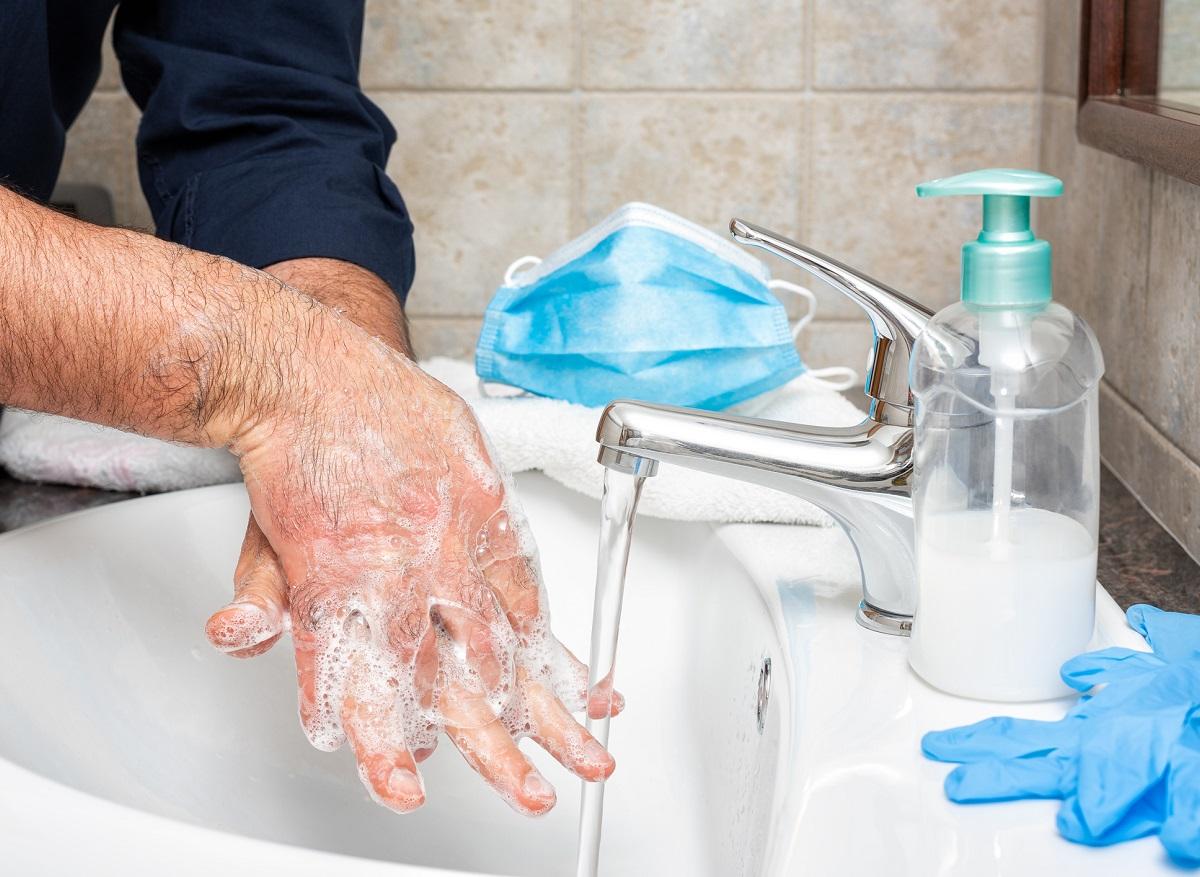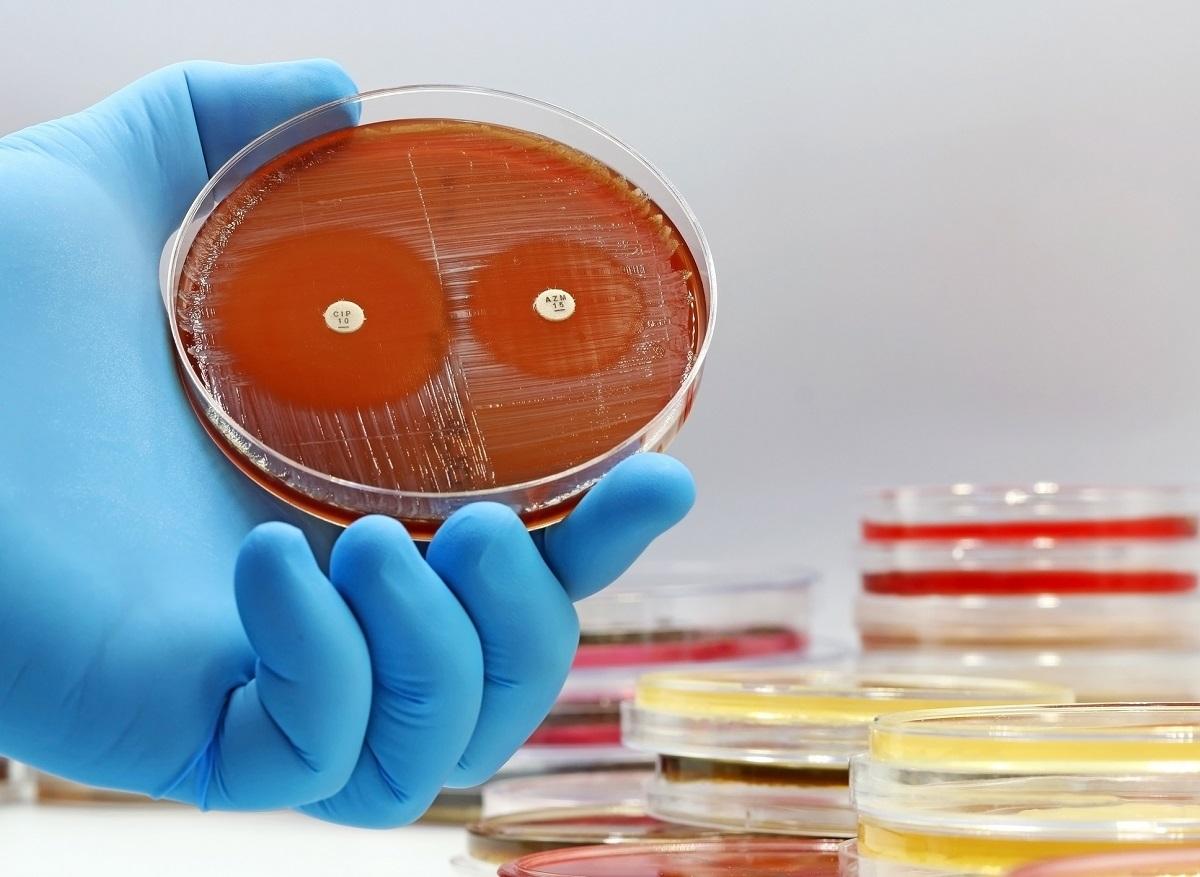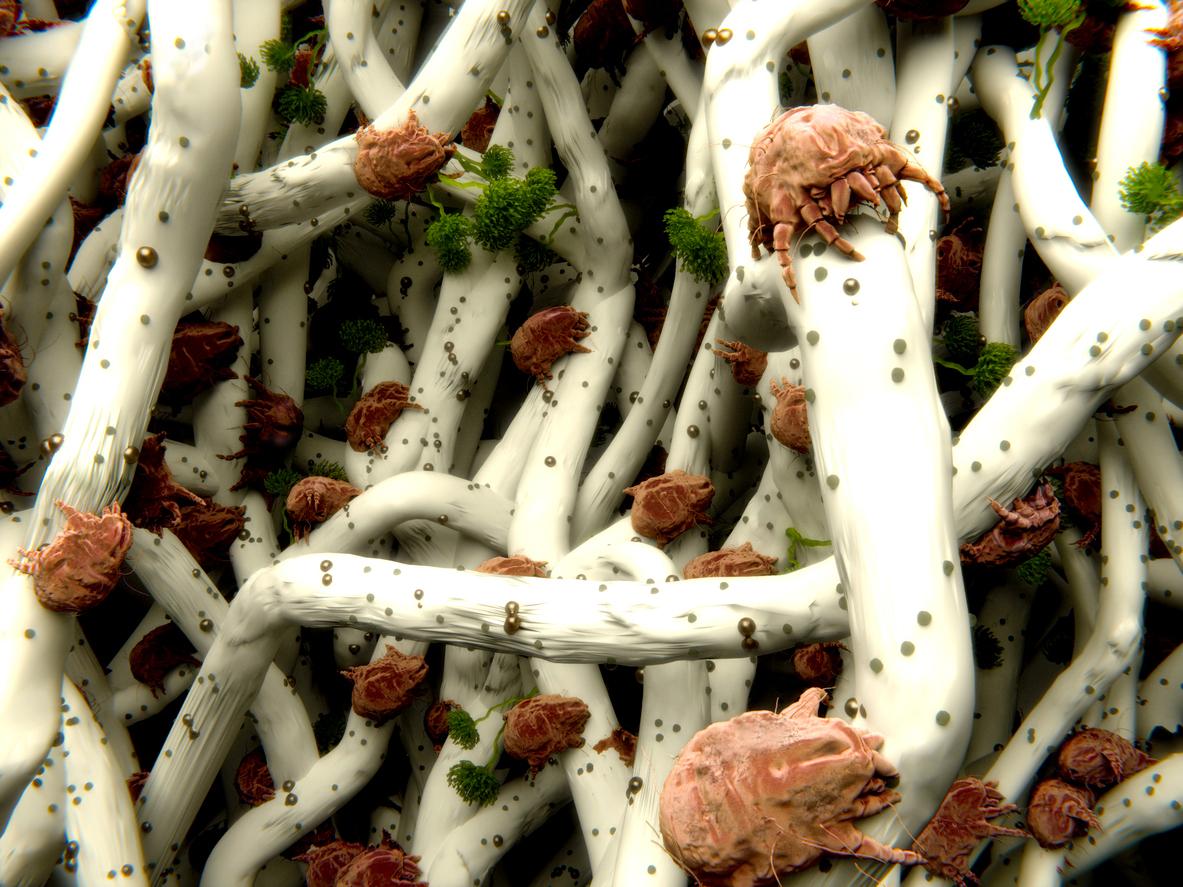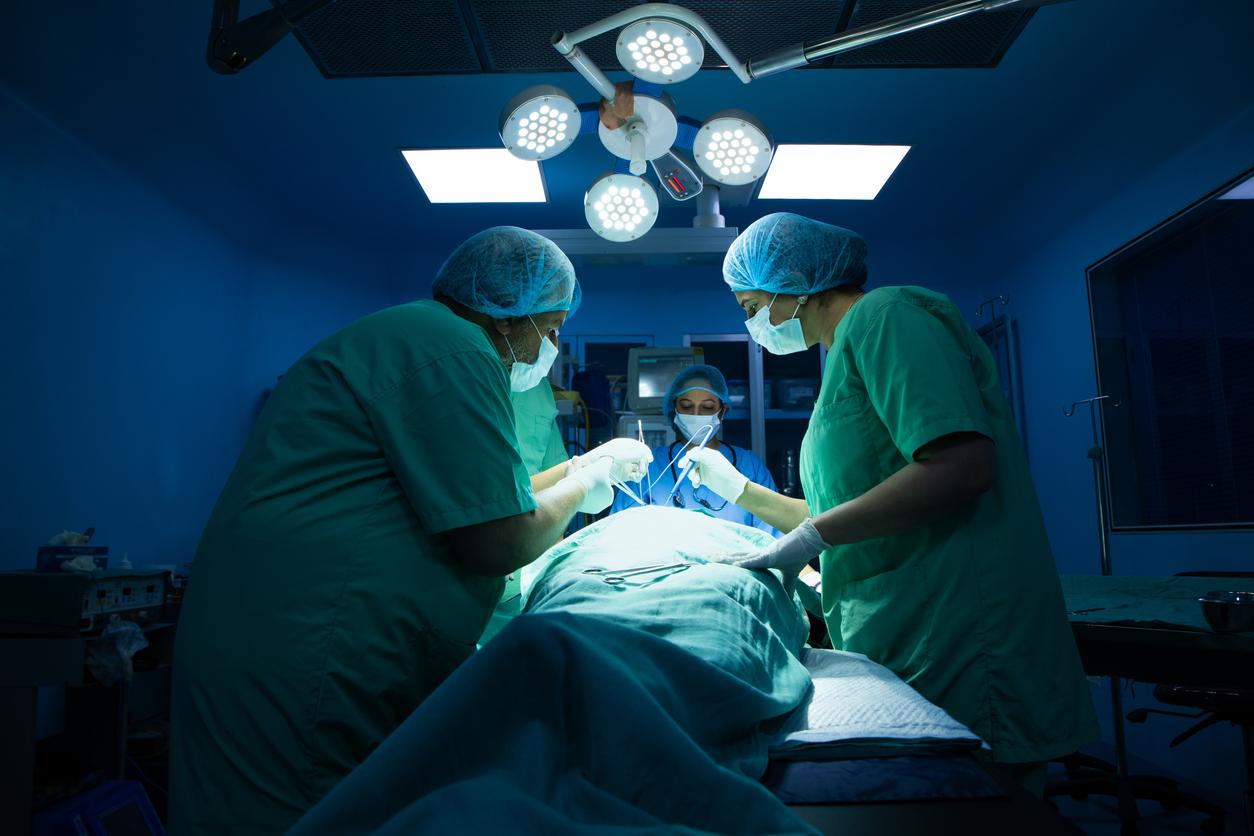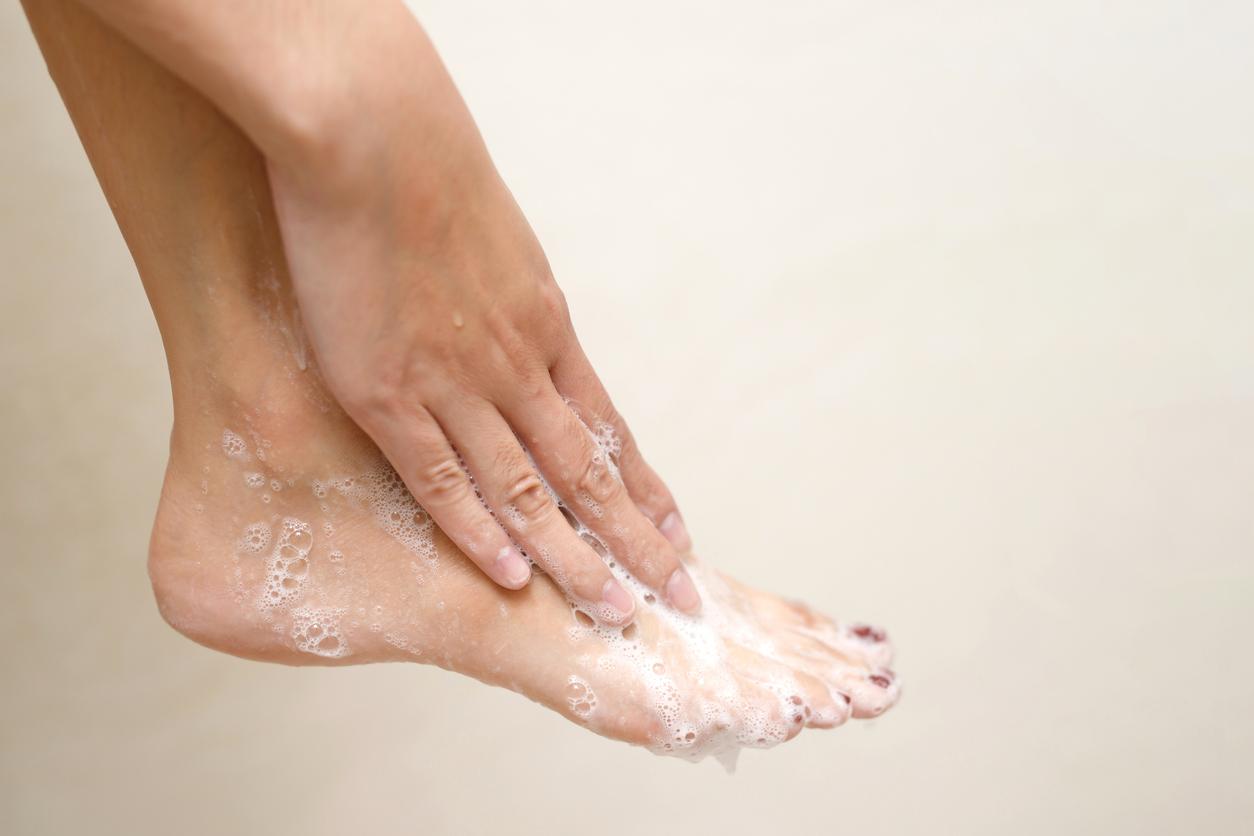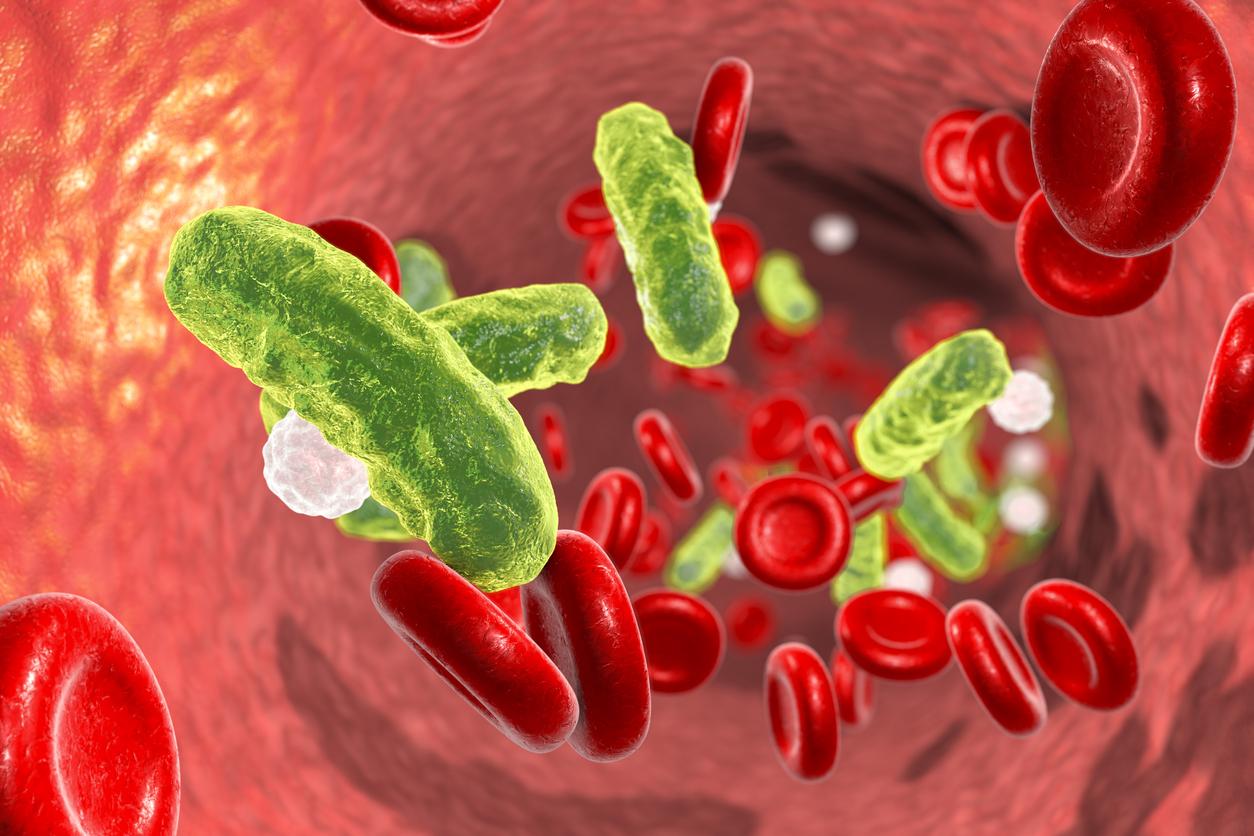Newborns in intensive care are exposed to methicillin-resistant Staphylococcus aureus, despite the precautions of healthcare workers.

Infections caused by methicillin-resistant Staphylococcus aureus (MRSA) are responsible for 2,000 to 3,000 deaths per year in France, according to a study by the French Institute for Public Health Surveillance (InVS). The bacteria are one of the main causes of nosocomial diseases.
To limit its spread in hospitals, hygiene protocols have been raised. In particular, those concerning hand washing. But, even with perfect hygiene, the bacteria can be transmitted from one patient to another, according to a study carried out at Drexel University (Philadelphia, United States), and published in the journal Infection Control & Hospital Epidemiology.
One transmission for 100 contacts
The researchers studied transmission in a particularly fragile population: newborns in intensive care units. And the results are not reassuring: even when caregivers scrupulously follow hand washing instructions, the risk of transmitting MRSA from one baby to another is reduced by only 86%.
“For populations of babies in intensive care units, MRSA is particularly important, because a third of those who come in contact with the bacteria contract a severe infection,” says Neal Goldstein, an infectious disease epidemiologist, and lead author of the study.
According to the simulations carried out by the team of researchers, about 1 in 100 contacts between a baby and a hospital worker cause the transmission of MRSA. However, newborns admitted to intensive care stay there for an average of 9 days, which represents an average of 250 contacts, and therefore as many risks.
Further increase vigilance
However, the researchers insist on one point: hand hygiene remains essential. When it is not well respected, their analysis suggests that the gain over its total absence is only 29%. Far from the scores obtained for the cleanest hands.
“I think the reality is infection control is not, and never can be, perfect,” says Neal Goldstein. You will be able to follow all the recommendations and suggested procedures, the patients will still be colonized and potentially infected. “
The population has a role to play
To minimize the risks, the researcher suggests that hospital staff are not the only ones to be included in hygiene protocols. Parents, visitors, and the patients themselves (when it isn’t babies) should also make an effort. In addition to hand hygiene, they are advised to beware of phones, watches, jewelry, which are breeding grounds for bacteria. They will be much less dangerous at home or in the car.
Outside the hospital, bacterial resistance can also be limited, with reasoned use of antibiotics. “We are all involved in infectious control, and not just medical personnel,” concludes Neal Goldstein.
.










